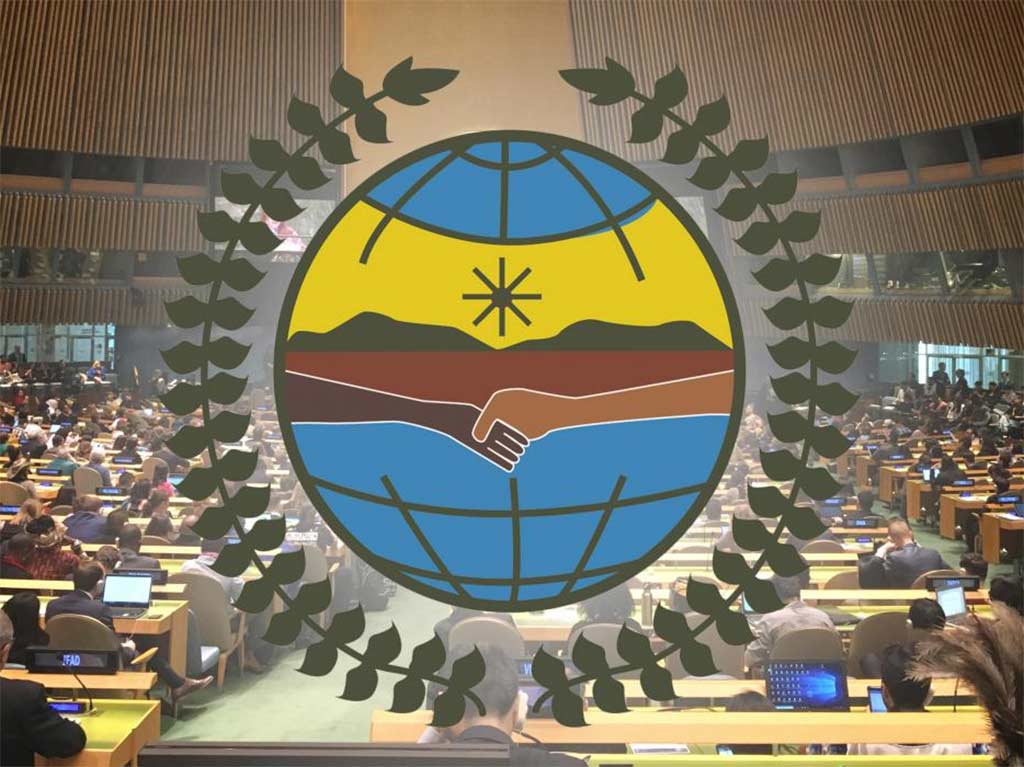
United Nations, April 26.- The UN Permanent Forum on Indigenous Issues will close today its days dedicated to demanding the right to self-determination of these communities with emphasis on the voices of the youngest.
With spaces to promote economic and social development, culture, environment, education, health and human rights of indigenous people, the event concludes after a broad agenda that included analysis of regional and global documents.
The event also promoted a space for dialogue with the special rapporteur on the rights of these peoples, José Francisco Calí, and the United Nations Expert Mechanism.
Other central topics was the annual review of the progress made in the implementation of general recommendation 39 issued in 2022 by the Committee on the Elimination of Discrimination against Women (Cedaw).
Among other aspects, the regulations provide guidance to state parties on relevant legislative, policy and other measures to ensure compliance with their obligations in relation to the rights of indigenous women and girls.
At the same time, other thematic dialogues focused on financing for the participation of indigenous peoples in development, climate, environment and biological diversity.
According to UN estimates, the global indigenous population amounts to 476.6 million, of which more than half are women, while 52.2 million live in Latin America.
Despite this parity, phenomena such as discrimination and violence are recurrent in the lives of many women outside and within their territories.
In Latin America, the Fund for the Development of Indigenous Peoples is made up of 19 countries in the region, including Argentina, Brazil, Colombia, Cuba and Venezuela; along with Spain, Belgium and Portugal as extra regional members. (PL) (Photo: UN website/Archive)